The Party's viewpoints and policies on linking cultural development with economic development in sustainable development
President Ho Chi Minh always emphasized the close relationship between economy and culture, considering them as two sides of the cause of building socialism. He affirmed: "To advance to socialism, we must develop economy and culture" (1) . He considered culture to be the goal and driving force of economic development. Economy must serve the goal of improving the material and spiritual life of the people, that is, serving culture. However, he also pointed out that economy must come first to create a material foundation, because "Only with food can we uphold morality" (2) . At the first National Cultural Conference (1946), President Ho Chi Minh gave the definition: “For the sake of survival as well as the purpose of life, mankind created and invented language, writing, ethics, law, science , religion, literature, art, daily living tools for clothing, food, housing and methods of use. All of those creations and inventions are culture” (3) . He always considered culture as a front, a great spiritual strength of the nation and emphasized the role of culture in improving people's knowledge, reviving morality, developing creative capacity, arousing patriotism and national solidarity. In the context of sustainable development today, correct and comprehensive understanding and creative application of these viewpoints are the solid theoretical premise for building a cultural development policy in harmony with economic growth and social progress.
Throughout the process of leading the revolution, especially in the comprehensive national renovation process from 1986 to the present, our Party has always firmly maintained the viewpoint of cultural development associated with economic development, considering these two aspects inseparable in the strategy of sustainable national development. This viewpoint is consistently expressed in the Party's documents through congresses and thematic resolutions, reflecting the maturity of theoretical thinking and acumen in formulating national development policies.
Since the 6th Congress (1986), our Party has pointed out: "The level of economic development is the material condition for implementing social policies, but social goals are the purpose of economic activities" (4) , therefore, it is necessary to "fully demonstrate in practice the Party and State's viewpoint on the unity between economic policies and social policies, overcoming the attitude of overlooking the human factor in the cause of building socialism" (5) . The Platform for national construction in the transition period to socialism in 1991 emphasized: "Correct social policies for human happiness are a great driving force to promote all creative potentials of the people in the cause of building socialism" (6) . Thus, people as the subject and goal of development become the convergence point between economy and culture. Resolution of the 5th Central Conference, Session VIII (1998) on "Building and developing an advanced Vietnamese culture imbued with national identity" emphasized: "Culture is the spiritual foundation of society, both the goal and the driving force for socio-economic development" (7) ; at the same time, it affirmed that economic construction and development must aim at cultural goals, officially establishing culture as a pillar of sustainable development, alongside economics and politics.
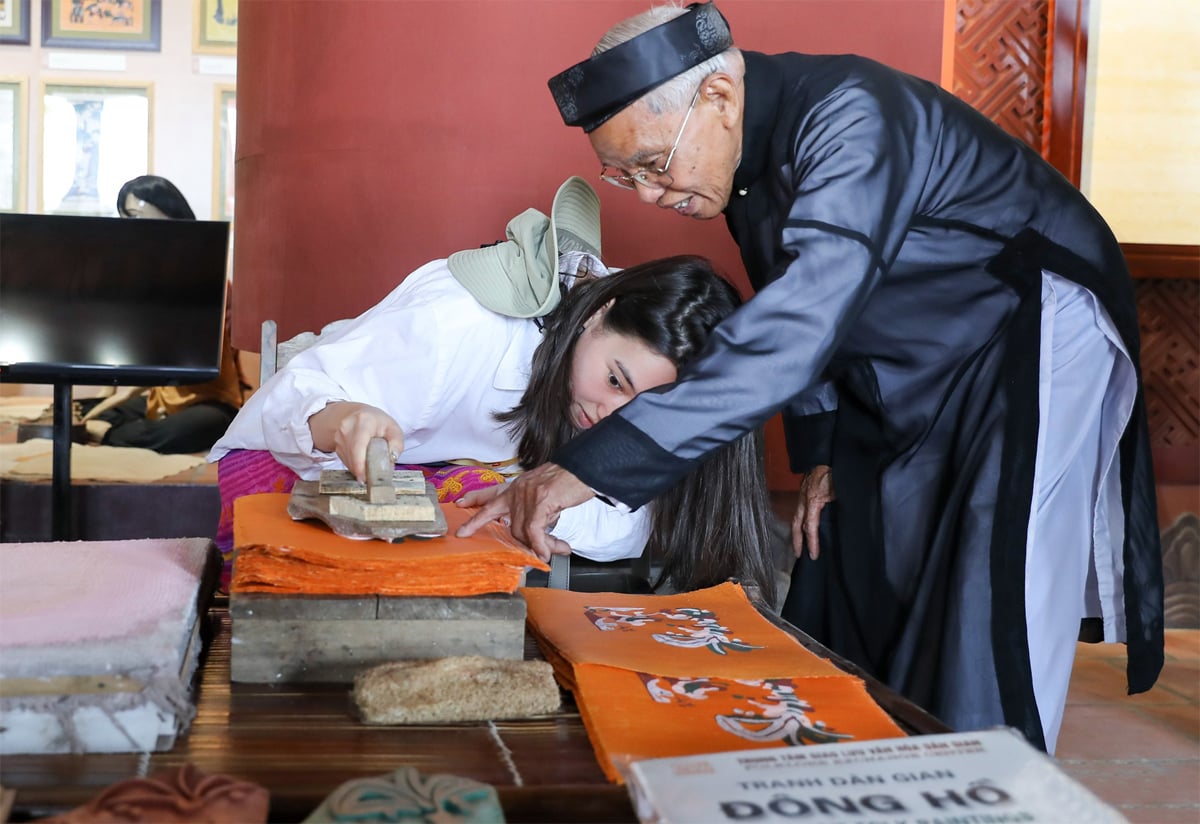
Continuing that spirit, the 9th, 10th, 11th and 12th National Party Congresses all demonstrated consistency in linking economic development with cultural and human development. The 10th National Party Congress document (2006) clearly stated: "Economic growth goes hand in hand with cultural, health, educational development... for the goal of human development" (8) . The 12th National Party Congress (2016) more clearly defined the requirement to ensure harmony between economic growth and cultural and human development, to achieve social progress and equity, to ensure social security, to protect the environment, and to expand the scope of inter-sectoral coordination in the development strategy. The 13th National Party Congress document (2021) has raised the Party's theoretical thinking on the role of culture in national development to a new level. The document affirms: "Comprehensive human development and building an advanced Vietnamese culture imbued with national identity so that Vietnamese culture and people truly become an endogenous strength, a driving force for national development and national defense" (9) .
For nearly 40 years of innovation, our Party has continuously supplemented and developed more comprehensively and deeply in the development of theoretical thinking on the connection between cultural development and economic development. Culture is not only spiritual values but also an endogenous driving force, both improving the quality of human resources and orienting economic behavior, creating the development identity of the nation.
Factors affecting the relationship between culture and economy in sustainable development in Vietnam today
First, economic growth - the material foundation that promotes cultural development.
In the current context, economic growth is an important condition to build a material foundation for preserving, promoting and creating cultural values.
For nearly 40 years of renovation, the proportion of the budget allocated to the fields of culture - sports - tourism, national target programs for preserving intangible cultural heritage, developing cultural industries, etc. has increased in each period. Economic development helps expand the system of cultural institutions, improve people's access to and enjoyment of culture, especially in rural, mountainous, remote and isolated areas.
A rapidly growing economy that lacks equity and cultural orientation will lead to the risk of breaking down the traditional value system and exacerbating social problems, such as polarization between rich and poor, wasteful consumption, moral degradation, etc. Reality shows that many urban and industrial zones lack cultural space, and the quality of people's spiritual life has not improved in proportion to their material life. This shows that economic growth is a necessary but not sufficient condition to ensure cultural development. The presence of culture in economic activities through the building of business ethics, corporate culture, responsible consumption, etc., is an important condition to orient economic development towards sustainability, humanity and inclusiveness.
Culture and economy in sustainable development are not only supportive but also mutually binding. Economic development creates conditions for culture to spread; meanwhile, culture regulates economic behavior in a progressive direction, increasing surplus value through the quality of human resources and creativity in production and business.
Second, cultural values are spiritual driving forces and material resources for economic development.
Culture as a system of values, norms and traditions that have been nurtured through many generations, becomes a factor that guides human behavior in social life. In the current conditions of developing a socialist-oriented market economy and deep international integration, promoting traditional cultural values while selectively absorbing the quintessence of human culture has become an urgent requirement to create a spiritual foundation for sustainable development.
The traditional cultural values of the Vietnamese people, such as patriotism, community solidarity, benevolence, studiousness, diligence, creativity, and respect for human relationships, have become important internal resources for the country's development in all aspects. These values continue to be inherited and transformed into corporate culture, professional ethics, social responsibility, and integration courage. Many Vietnamese enterprises have been successful in domestic and foreign markets thanks to building a business philosophy based on national cultural values and humanism in development.
However, in the process of social movement and development, many traditional cultural values are at risk of fading away and being transformed by the impact of foreign values, such as pragmatism, lavish consumption and extreme individual lifestyles... Manifestations such as commercialization of festivals, violations of professional ethics, fraud, violations of the law in business, degradation of public ethics, etc. show a crisis of cultural standards in a large part of the population. This is a major barrier to the sustainable economic development of our country. Therefore, the restoration, preservation and promotion of traditional cultural values need to be closely linked with the economic development process. Culture is not only a "rear" that supports the spirit of the economy but must also be present as a special factor that nurtures the will, spreads the desire for development, creates a spiritual motivation to promote innovation, improves labor productivity and national competitiveness.
The development of cultural industries today shows the great potential of culture in contributing directly to economic growth. Cultural products have become high-value goods, capable of exporting and creating national brands. This is a vivid demonstration of the transformation of cultural values into economic values - a characteristic aspect in the creative and sustainable development model of the 21st century.
This is also the basis for our Party to set out strategic directions, build and promulgate Resolution No. 33-NQ/TW, dated June 9, 2014, of the Central Executive Committee "On building and developing Vietnamese culture and people to meet the requirements of sustainable national development". The Prime Minister issued Decision No. 1755/QD-TTg, dated September 8, 2016, continuing to affirm the development of cultural industry into a spearhead economic sector with high added value, on the basis of exploiting and promoting national cultural values. These are important directions that both affirm cultural sovereignty and expand the space for economic development on the basis of Vietnamese values.
Thus, culture, if preserved, nurtured and promoted in the right direction, will become a great endogenous resource for economic development. An economy associated with cultural values can develop sustainably, build social trust and create a national brand, and preserve national identity in the process of international integration.
Third, policies and laws are important tools to link cultural development with economic development.
In the socialist-oriented market economy in Vietnam, policies and laws are important factors contributing to the orientation and regulation of the relationship between economic development and cultural development. Correct policies, adequate laws and effective implementation will create conditions for harmonious development between the two areas, while preventing and adjusting deviations in the operation of the market mechanism.
Since the 1986 "renovation" Congress, our Party and State have issued many important policies integrating cultural development into socio-economic development strategies. The documents of the National Party Congress and thematic resolutions have established a system of clear, consistent and increasingly perfect guiding viewpoints on the regulatory role of institutions in the relationship between culture and economy. One of the important contents mentioned by our Party is to closely link cultural policy with economic policy, not to let culture stand outside the flow of economic development. When building economic policies, it is necessary to take into account the socio-cultural impact; at the same time, cultural policies must effectively exploit economic potential to ensure development resources. This is an integrated development mindset, a concrete manifestation of the realization of an inclusive and sustainable growth model.
The legal system on culture, intellectual property rights, cultural industries, cultural heritage, etc. has been gradually built and perfected, creating a legal corridor to preserve and protect traditional cultural values and encourage new cultural creation. In addition, laws such as the Law on amending and supplementing a number of articles of the Enterprise Law (2025), the Investment Law (2020), the Planning Law (2017), etc. have also been amended to support the development of cultural industries.
However, in reality, the relationship between policies, laws and cultural-economic development still has many shortcomings. Some mechanisms to support the development of cultural industries still lack consistency; financial, tax and credit policies for cultural fields are not really attractive; law enforcement on copyright protection and prevention of cultural heritage infringement is still weak; public investment in culture is still formal, scattered and ineffective in some places; budget allocation between regions and areas is not reasonable...
In response to the requirements of sustainable development, it is necessary to overcome the separation between the building of cultural institutions and economic institutions. It is necessary to develop a synchronous system of laws, strategies, planning, and policies to ensure the connection between growth targets and the requirements of human development and cultural development. The key task is to synchronously perfect the institutional framework for cultural development in a socialist-oriented market economy, with special attention paid to the role of the State in creating cultural development and establishing a healthy and transparent cultural market.
In order for policies and laws to become the driving force for harmonious development between culture and economy, it is necessary to improve the quality of policy-making work, focusing on taking practice and multi-dimensional consultation as the basis. At the same time, it is necessary to strengthen the effectiveness of social supervision and criticism by political and social organizations, professional associations, intellectuals and artists in the implementation of cultural and economic policies.
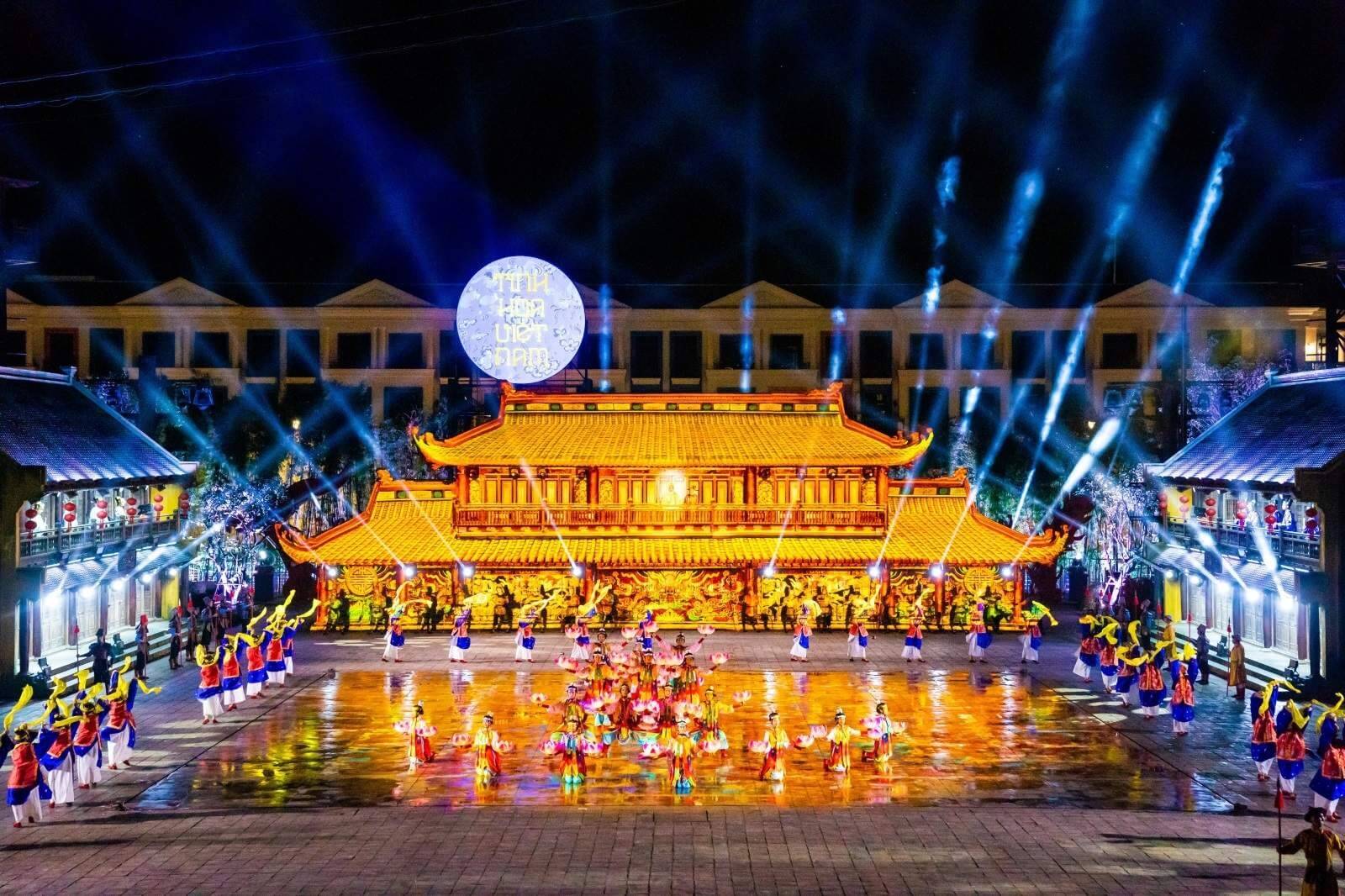
Fourth, the international integration process - opportunities and challenges in linking cultural development with economic development.
International integration creates conditions for Vietnam to take advantage of external resources, such as investment capital, modern technology, advanced management models, open markets and high-quality human resources, contributing to improving the competitiveness of the economy. This is also a material premise for re-investment in cultural fields, especially cultural industries, heritage conservation and artistic creation. Opening the cultural market, increasing the export of cultural products, expanding cooperation in the field of cultural creation, etc. have contributed to increasing the economic value of culture and enhancing the country's position in the international arena.
In addition, international cultural integration helps Vietnam access the cultural quintessence of humanity more quickly, promote institutional reform, innovate the growth model towards creativity, greenness, inclusiveness and sustainability. This is an important condition to consolidate and increase "soft power", build the national image, and arouse the aspiration for national development in the new era.
However, the integration process also poses great challenges to the preservation of national cultural identity and the regulation of cultural and economic relations. A segment of society, especially the youth, is easily influenced by unselective foreign culture, leading to deviations in behavior, taste and value orientation. In practice, market economy and international integration lead to the trend of commercializing cultural values, turning culture into a mere profit-making tool through the exploitation of festivals, relics and beliefs for profit; the "hybrid" situation in performing arts, fashion, architecture... has significantly affected the authenticity, depth and vitality of national cultural values. On the other hand, excessive dependence on foreign investment and technology in economic development can lead to cultural dependence. In the context of our country's cultural institutions being lacking and not strong enough, and the ability to control information, regulate the cultural market, and protect copyright and heritage being limited, the risk of "cultural disorientation" in development cannot be overlooked.
In order for international integration to become a driving force for harmonious development between culture and economy, it is necessary to establish a development strategy with vision, selectivity and identity. In particular, preserving and promoting national cultural identity must become a "soft shield" to improve self-defense capacity and integration capacity. Thus, Vietnam needs to continue to improve copyright protection institutions, improve cultural appraisal and management capacity in the digital environment; at the same time, proactively exploit new generation free trade agreements (CPTPP, EVFTA...) to develop the market for cultural products and services, protect the rights of domestic cultural creators, thereby enriching national identity, creating competitive advantages in the global knowledge economy.
Fifth, human resources - the subject of cultural creation and economic development.
Humans are both the product of the socio-economic development process and the active subject shaping and leading development. The sustainable development of the country must rely on the quality of human resources, which must be people with the ability to think independently, creatively, have a sense of social responsibility, ethics, personality and cultural character.
From that perspective, human resources are the fundamental link between culture and economy. A society with a healthy cultural development will form generations of citizens with discipline, professional ethics, civic awareness and integration ability. And a developed economy is the condition to create a favorable environment for improving people's knowledge, developing creative capacity and improving the quality of life. Developing human resources is not only the foundation for cultural sublimation, but also the "strategic fuel" for the national economy to make steady progress in the digital age, knowledge economy and global integration.
However, Vietnam’s high-quality human resources are still a “bottleneck” in many industries and professions, including the cultural industry, especially the creative cultural fields. The “brain drain”, training not linked to market demand, human resources lacking “soft skills”; entrepreneurial thinking, adaptability and integration skills are still weak… are hindering the process of transforming culture into a resource for economic development.
Some solutions for the future
Firstly, strengthen the comprehensive and direct leadership of the Party; promote the role of the political system and the whole society. Continue to innovate the leadership thinking and implementation methods of Party committees and authorities at all levels, make cultural development contents associated with economic development a criterion in evaluating the results of implementing assigned political tasks. Strengthen coordination between functional agencies, departments and branches. Improve the quality of cadres at all levels, especially cadres working in cultural and economic work to meet the requirements of tasks in the new situation. At the same time, promote the role of supervision and social criticism of the Fatherland Front, socio-political organizations and people in spreading positive cultural values, building a healthy social environment, and forming the driving force and development aspirations of the entire nation.
Second, continue to institutionalize the Party's viewpoints and policies on linking cultural development with economic development . Include cultural criteria in the process of building economic development strategies, public investment programs, urban and rural spatial planning, and sustainable development measurement indicators. At the same time, develop a set of cultural indexes associated with economic development, assessing the level of contribution of cultural factors to labor productivity, administrative efficiency and people's quality of life. Build economic development criteria based on cultural foundation.
Third, strongly develop cultural industries, gradually build culture into a spearhead economic sector of the country. Effectively implement the Strategy for the Development of Cultural Industries to 2030, closely linked with the process of science and technology development, promote innovation and national digital transformation. Promote research, innovation, protection of intellectual property rights in the cultural field, build a national brand on the basis of exploiting national cultural values. Develop the market for cultural and creative products and services in a professional, modern, and unique direction; encourage innovative start-up models in cultural fields... Proactively build a mechanism to support access to credit, technical infrastructure, human resources and trade promotion for cultural enterprises, especially small and medium enterprises.
Fourth, promoting traditional cultural values, associated with regional economic development, enhancing the endogenous capacity and competitiveness of localities. Regional culture is a special asset, a unique identity, and the foundation for creating differences in local development strategies. Therefore, it is necessary to attach importance to preserving and promoting traditional cultural spaces, tangible and intangible heritages, folk arts, traditional craft villages, ethnic festivals, etc., as an indispensable part of the local economic development process, especially tourism, ecological agriculture and typical product models (OCOP). For ethnic minority and mountainous areas, there needs to be a specific mechanism to support human resource training, improve community capacity in cultural and economic development in a sustainable manner, without assimilation or extreme commercialization; preserve the unique cultural ecosystem associated with protecting natural resources and ecological balance.
Fifth, comprehensively develop Vietnamese people to meet the new requirements of national development. Cultural development associated with economic development must put people at the center, the creative subject and the ultimate goal of development. Developing high-quality human resources with professional capacity, cultural qualities, self-reliance and aspiration for national development is a prerequisite for transforming culture into material strength and driving force for development. The issue that needs to be focused on is the need to fundamentally and comprehensively innovate education and training in the direction of humanity, modernity, openness, harmonious integration between traditional values and the quintessence of humanity; strengthen education on life ideals, ethics, creativity, civic spirit and international integration capacity for the young generation. Along with that, building a healthy cultural environment, promoting the role of office culture, corporate culture, and professional ethics in forming a new system of values associated with the development of digital economy, circular economy, and knowledge economy./.
------------------
(1), (2) Ho Chi Minh: Complete works , National Political Publishing House, Hanoi, 2011, vol. 12, p. 470
(3) Ho Chi Minh: Complete Works, op. cit ., vol. 3, p. 458
(4) Documents of the 6th National Congress of Delegates , Truth Publishing House, Hanoi, 1986, p. 86
(5) Documents of the 6th National Congress of Delegates , op. cit. , p. 86
(6) Documents of the 7th National Congress of Delegates , Truth Publishing House, Hanoi, 1991, p. 121
(7) Documents of the 5th Conference of the 8th Central Executive Committee , National Political Publishing House, Hanoi, 1998, p. 55
(8) See: The 10th Party Congress with awareness of the path to socialism in our country, Party Documents , https://tulieuvankien.dangcongsan.vn/van-kien-tu-lieu-ve-dang/gioi-thieu-van-kien-dang/dai-hoi-x-cua-dang-voi-nhan-thuc-ve-con-duong-di-len-cnxh-o-nuoc-ta-885
(9) Documents of the 13th National Congress of Delegates , National Political Publishing House Truth, Hanoi, 2021, vol. I, pp. 115 - 116.
Nguồn: https://tapchicongsan.org.vn/web/guest/van_hoa_xa_hoi/-/2018/1167102/nhan-dien-mot-so-yeu-to-tac-dong-den-moi-quan-he-gan-ket-giua-phat-trien-van-hoa-voi-phat-trien-kinh-te-trong-phat-trien-ben-vung-o-viet-nam.aspx






![[Photo] General Secretary To Lam receives Vice President of Luxshare-ICT Group (China)](https://vphoto.vietnam.vn/thumb/1200x675/vietnam/resource/IMAGE/2025/11/15/1763211137119_a1-bnd-7809-8939-jpg.webp)
![[Photo] Prime Minister Pham Minh Chinh meets with representatives of outstanding teachers](https://vphoto.vietnam.vn/thumb/1200x675/vietnam/resource/IMAGE/2025/11/15/1763215934276_dsc-0578-jpg.webp)
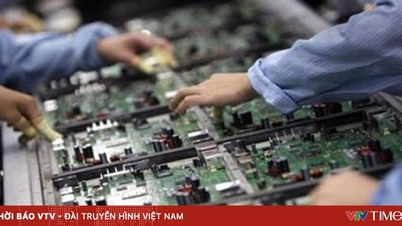



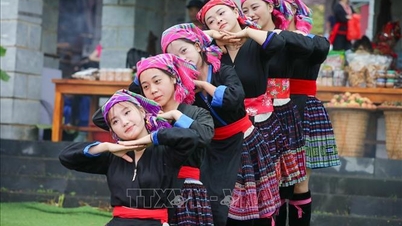

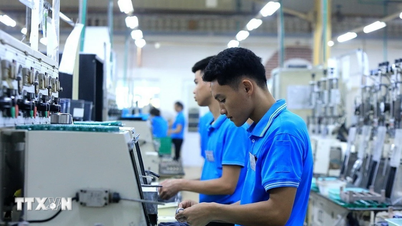

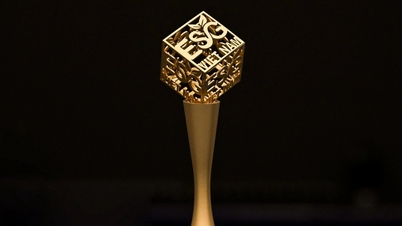

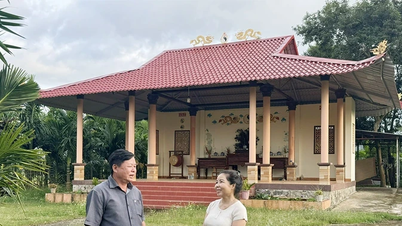

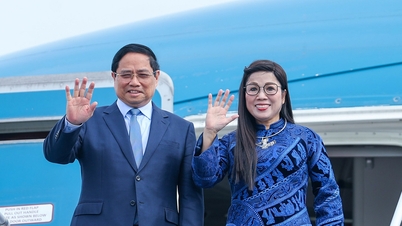



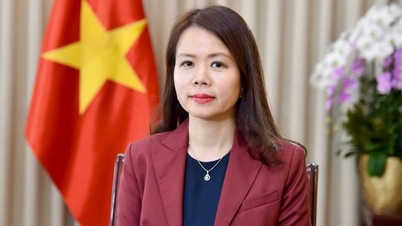
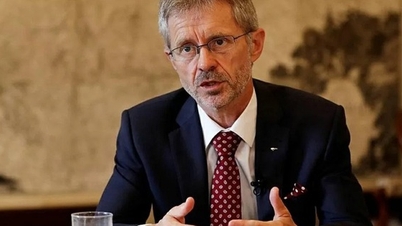


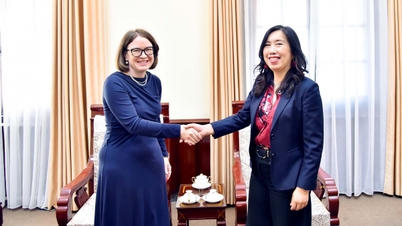











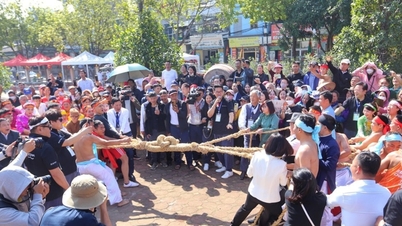


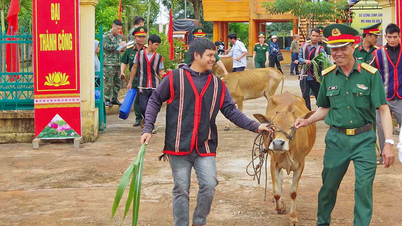





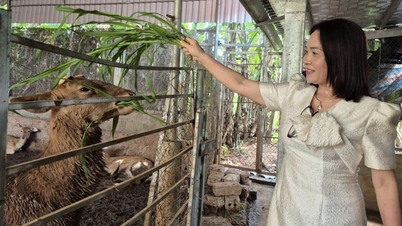















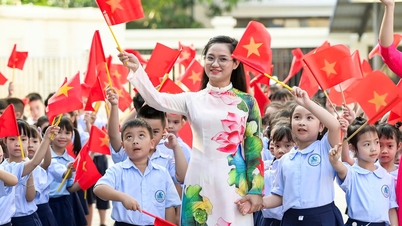


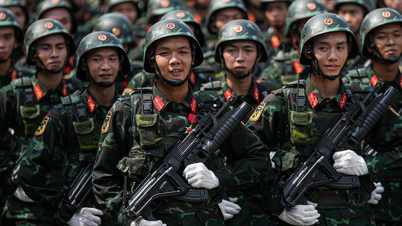


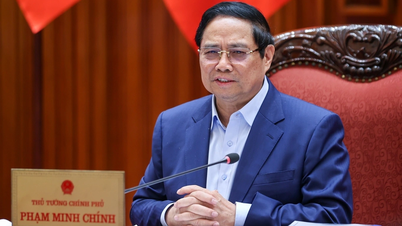
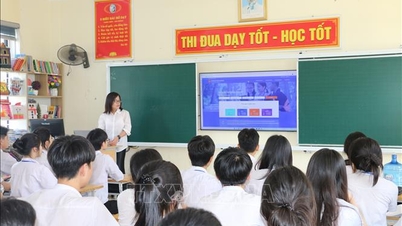
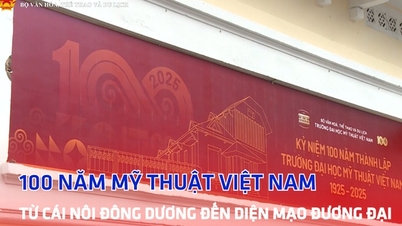

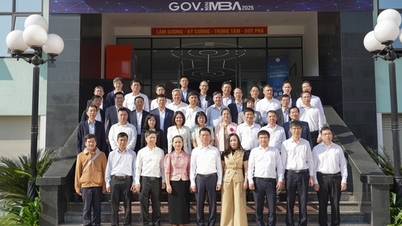

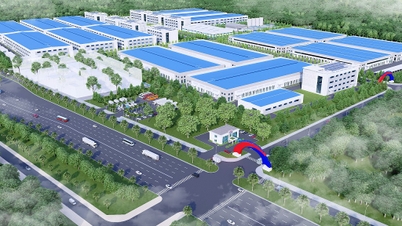

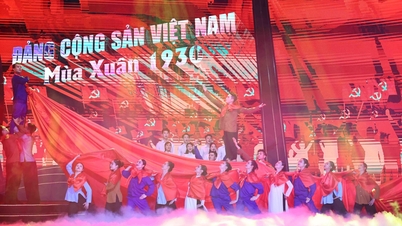



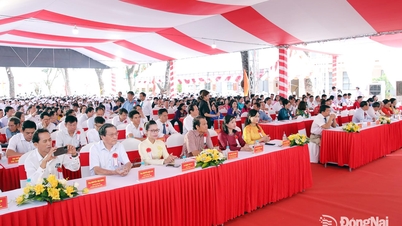

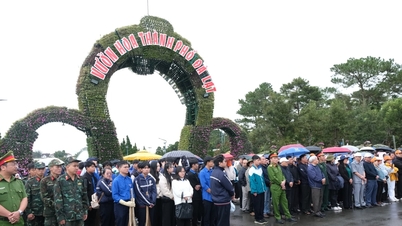

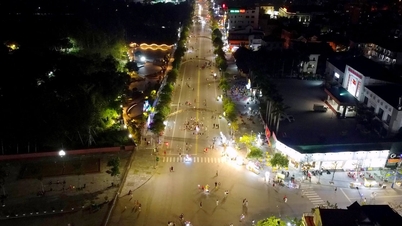

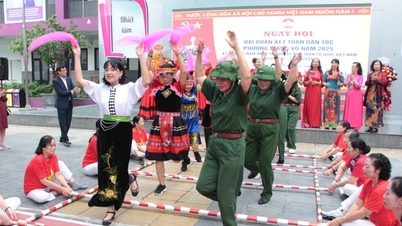
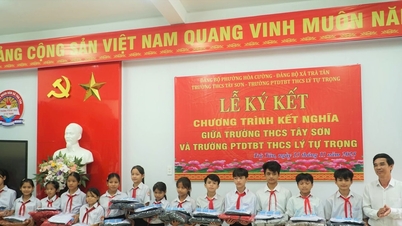














Comment (0)